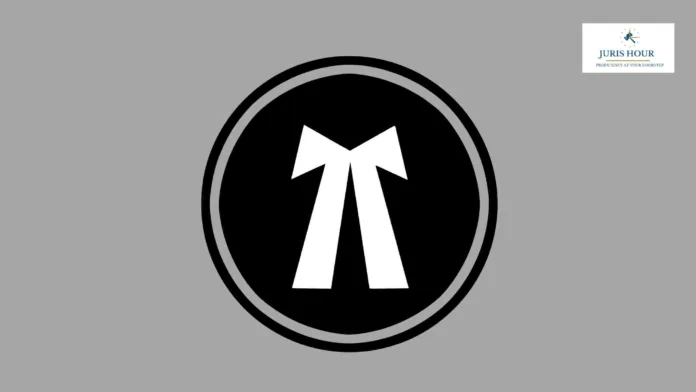In recent times, investigative agencies such as the Enforcement Directorate (ED) have, in certain cases involving economic offences or alleged tax evasion, questioned legal professionals and termed their legal opinions as “illegal”. This raises a fundamental question: Can an advocate be held accountable for providing a legal opinion that is later challenged by an investigating agency? The answer, both legally and ethically, is a clear no.
No Provision in Law to Term a Legal Opinion as ‘Illegal’
The Bar Council of India (BCI), the statutory body governing the conduct of advocates, has not laid down any guideline or rule that permits scrutiny or penal action against advocates merely for rendering legal opinions. Similarly, the Advocates Act, 1961, or the Code of Ethics for Advocates, does not define or recognize the concept of an “illegal opinion”.
Legal opinions are by nature interpretative and are meant to guide clients based on existing laws and precedents. Merely because a department or authority disagrees with the opinion, it does not make the opinion unlawful, unless it is proven to be part of a conspiracy or fraud, which requires strong evidentiary backing.
Advocates’ Fees: No Legal Ceiling
Often, departments question the fees charged by advocates, arguing that high remuneration indicates complicity or undue benefit. However, the law does not prescribe any cap on the fees charged by legal professionals. Fee structures vary significantly—from Rs. 5,000 for a bail matter to upwards of Rs. 50 lakhs—depending on the advocate’s experience, profile, and complexity of the case.
Unlike Chartered Accountants (CAs), who are governed by the ICAI’s disciplinary regulations, advocates are not bound by any fee-related restriction, and charging a higher fee, by itself, does not constitute misconduct.
Comparison with Other Professionals
In tax or economic offence matters, if a Chartered Accountant had given such an opinion, the ICAI may initiate disciplinary proceedings if the opinion was clearly misleading or contrary to professional standards. But advocates are governed by a different set of principles that afford greater leeway in interpretation and client confidentiality.
Can ED Issue Summons to Advocates?
The question arises whether agencies like the ED can issue summons to advocates for opinions rendered in the course of their professional duties. While the agency has the power to summon individuals under statutory provisions, the privileged nature of advocate-client communication under Section 126 of the Indian Evidence Act, 1872 is a legal safeguard.
An advocate cannot be compelled to disclose:
- Any communication made by the client to the advocate in the course of professional employment,
- Any advice given by the advocate to the client,
- The contents of any document shared during the course of legal advice.
This privilege is waived only in limited circumstances—such as when the communication is made in furtherance of an illegal purpose or where the advocate becomes a witness to a crime.
Therefore, non-appearance in response to a summons, especially when it infringes on privileged communication, may not be considered contempt or obstruction, unless it can be shown that the advocate was not acting in a professional capacity or was personally involved in wrongdoing.
Conclusion
An advocate cannot be held liable merely for rendering a legal opinion—even if that opinion is later disputed by authorities like the ED. The law protects the independence of the legal profession, the sanctity of client-attorney privilege, and the discretion of advocates in their fee structures. While the state has a legitimate interest in investigating economic offences, this cannot extend to undermining the constitutional and ethical protections afforded to legal professionals.

